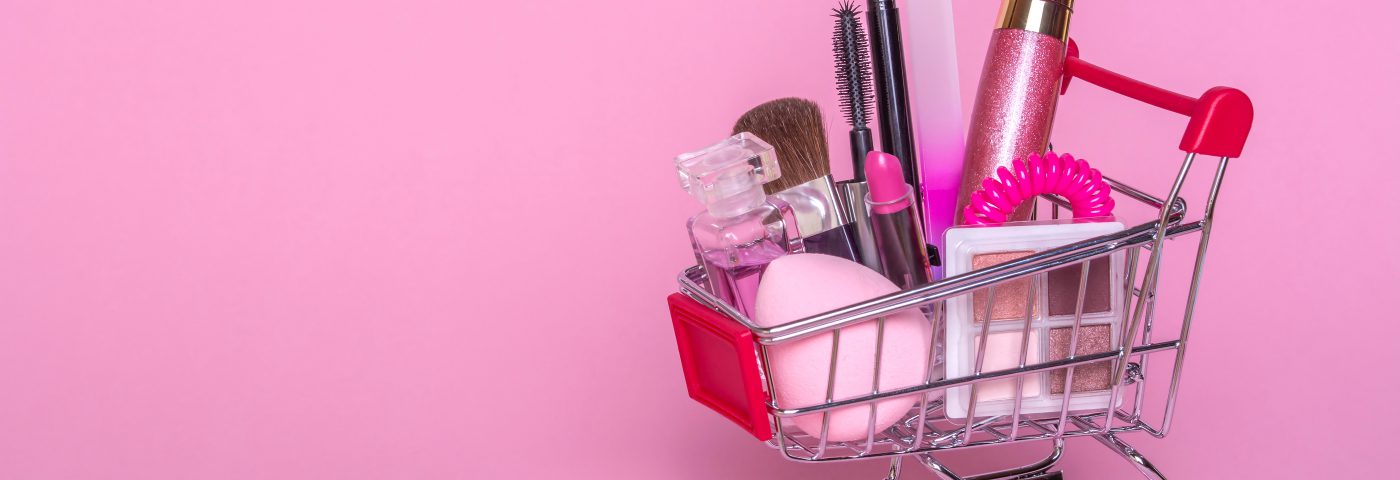Global sales of private label in beauty and personal care are growing, rising by 1.4% in 2017, to reach USD12.8 billion. The Middle East and Africa (MEA) region is growing the fastest (8.5%), followed by Eastern Europe and Latin America. While growth traditionally emanates from staple categories such as baby products, bath and shower or oral care, private label is now extending to more premium categories, such as colour cosmetics, skin care and even fragrances. This has led to growth in the masstige segment, driven by social media and its positioning around affordable luxury, which appeals to multi-generational consumer groups, in search of products offering a good balance between affordability and quality. In Eastern Europe for instance, the fastest growing category for private label is now colour cosmetics.
These new demand shifts have brought the spotlight back on private label, opening opportunities to secure consumer trust and interest. While the availability of private label products varies across BPC categories, over the past years product variety has evolved to target and fuel changing consumer demands, to take advantage of industry trends. The competitive advantages of private label brands are their price point and retail availability. The products are cheap and accessible to many consumers due to high availability through traditional grocery retailers, beauty specialists and drugstores. While grocery retailers offer private label primarily in food, home care and personal care, some retailers such as Aldi have recently entered the beauty space by offering skin care and make-up products to their customers through its Lacura Beauty fantasy brand. While the products are imitative of the industry’s top-sellers, they are offered at unbeatable price points and claim to have all the key ingredients that are found in the leading brands, such as caviar extract, Q10 or charcoal. Beauty specialists such as Sephora have had private label brands for years, but keep adapting product range to offer customers all the latest beauty industry top-sellers such as face masks, highlighters, eye-brow shapers, with attractive price points and packaging. Their product ranges and offerings allow consumers to mix and match their purchases with other more premium products available in their stores, giving the perfect balance of masstige and premium products in their consumers baskets. More recently, non-traditional players have also entered private label. Apparel and footwear high street retailers have embraced the potential of owning their own beauty ranges. Retailers such as Zara have recently started a lipstick range only available online, which has been received very positively by its loyal customer base. H&M, ASOS and Topshop all have their own beauty lines offering products that can be easily added to consumers’ carts as add-ons while shopping online with fun, simple and increasingly more premium looking and inspired packaging to attract younger consumer groups such as Generation Z. Even online retailers such as Amazon are entering the private label beauty space following the launch of its make-up line, Find.
Private labels are also evolving to embrace new BPC industry codes. With growing consumer demand for safety and transparency in products, the private label industry has had to adapt to remain competitive. In personal care, convenience will be increasingly sought-after by consumers who are living busy lifestyles in urban environments. Adapting to demand for natural products will also be of the essence. Retailers such as Monoprix have even developed an organic private label range, Monoprix Bio, to answer growing demand in the French market for organic products in traditional grocery retailers, a niche which is enjoying double-digit growth. Finally, by offering low price points, convenience and attractive packaging combined with quality ingredients, private labels in BPC will be able to remain relevant as they are likely to become more of a threat to traditional, well-established brands as manufacturers and retailers expand into BPC.
Clotilde Drape will be speaking on ‘The evolution of private label in beauty and personal care’ at in-cosmetics Global: 2 April, 15:00 to 15:45 at the Marketing Trends Theatre.
Ensure you space at the session by booking your priority seat in advance at in-cosmetics.com/register
You can also pre-register to secure your copy of Euromonitor’s report “Skin Health: The Evolving Landscape of Dermocosmetics” at Euromonitor.com

